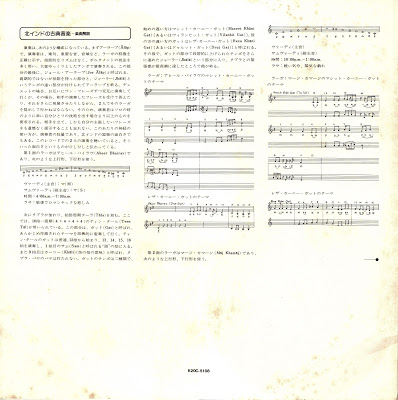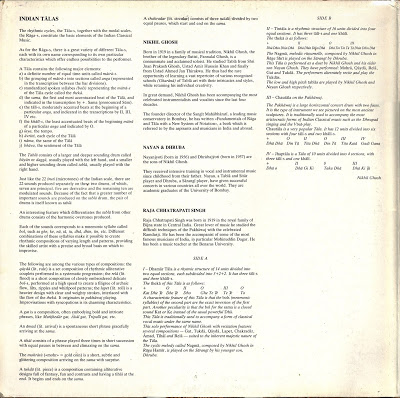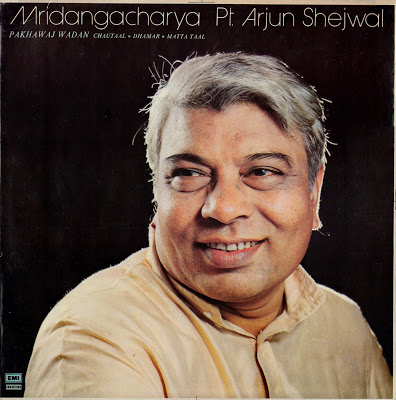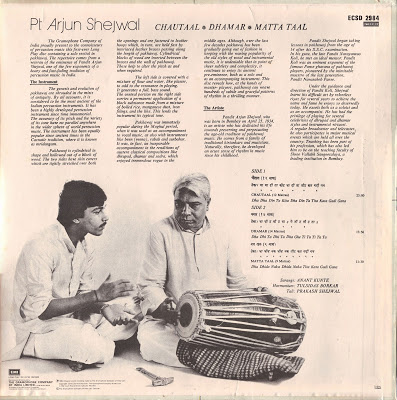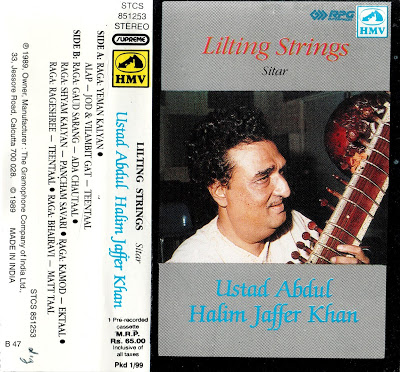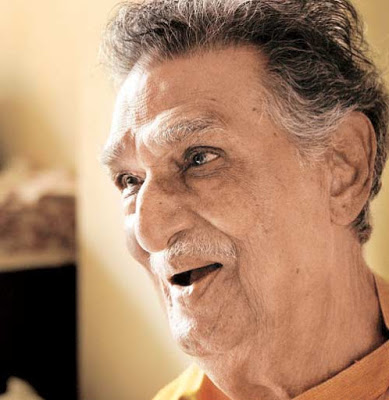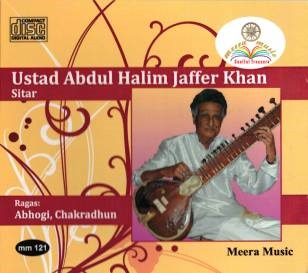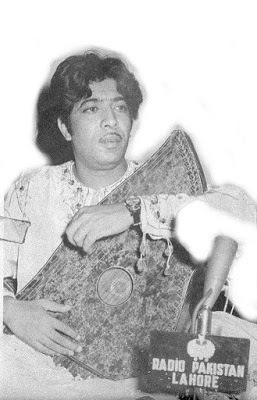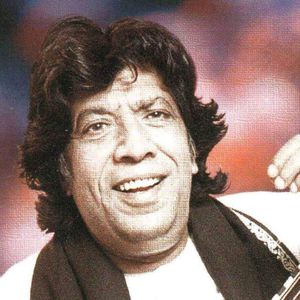wave
mp3
In 2009 Kalan released a wonderful set of two CDs in a small book:
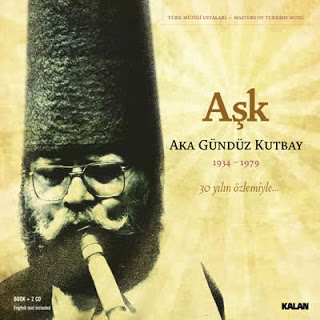
Aka Gündüz Kutbay (1934-1979) – Ask – 30 yilin özlemiyle…, Book (English
text included) + 2 CD: CD 1: Segah Taksim (4:12), Ferahfeza Bas Taksim (Ayinden)
(7:02), Acem-Asiran Müsterek Taksim (5:18), Saba Müsterek Taksim (3:01), Saba
Pesrev (Osman Bey) (1:57), Saba Seyir (0:57), Hicaz - Saba - Ferahfeza Taksim
(6:25), Müstear Taksim (1:30), Rast Seyir (0:53), Hüseyni'den Isfahan'a Geçis
Taksimi (3:56), Buselik-Asiran Taksim (2:04), Bayati Taksim (9:34), Saba taksim
(3:36), Saba - Ferahfeza - Rast Taksim (8:55), Hüzzam'dan Segah'a Geçis Taksimi
(5:42), Müstear'dan Ussak'a Geçis Taksimi (4:40), Saba Bas Taksimi (Ayinden)
(4:45), CD 2: Pençgah Bas Taksim (Ayinden) (6:24), Segah Taksim (7:22), Hicaz
Pesrev (Veli Dede) (4:07), Hicaz Taksim (3:08), Muhayyer-Sünbüle Taksim (2:21),
Nisabur - Ussak Taksim (1:08), Hicaz Müsterek Taksim (1:30), Nihavend Taksim
(4:09), Saba'dan Rast'a Geçis Taksimi (2:50), Eviç'den Segah'a Geçis Taksimi
(1:24), Evcara Taksim (3:51), Segah Seyir (1:36), Ussak'tan Hicaz'a Geçis
Taksimi (8:53), Segah Taksim 2 (2:27), Kürdilihicazkar Taksim (1:15), Rast
Taksim (4:20), Segah'tan Rast'a Geçis Taksimi (6:06), Ferahfeza Son Taksim
(Ayinden) (1:51), Suzidil Taksim (3:46), Buselik Saz-Semaisi (Beste: Mutlu
Torun) (5:33), KALAN, 481-482
Aka Gündüz Kutbay was the most outstanding Ney player of the 2nd half of
the 20th century. Excellent recordings. Two CDs in a bilingual (Turkish &
English) book of 119 pages.
And another one, together with the legendary singer Kani Karaca:
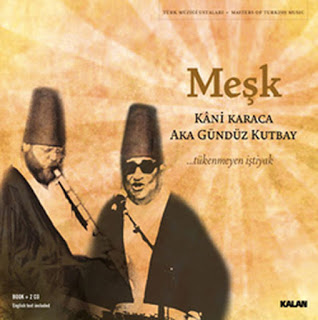
Kani Karaca (1930-2004) (Vocal) & Aka Gündüz Kutbay (1934-1979) – Mesk
- …tükenmeyen istiyak, Book (English text included) + 2 CD, CD 1: Kar-i Natik
(Hatibzade Osman Efendi) (29:55), Makam Tarifi (1:59), Eviç-Buselik Taksim
(1:40), Eviç-Buselik I. Beste (Ismail Dede) (7:58), Eviç-Buselik II. Beste
(Ismail Dede) (2:42), Eviç-Buselik Agir Semai (Ismail Dede) (3:35), Eviç-Buselik
Nakis Yürük-Semai (Ismail Dede) (6:08), Hicaz Durak (Haci Arif Bey) (6:37),
Nühüft Durak (Güfte: Niyazi Misri, Beste: Ali Sir ü Gani) (4:04), Ferahfeza
Sarki (Fehmi Tokay) (3:13), CD 2: Sultani-Irak Taksim (1:53), Sultani-Irak I.
Beste (Abdülhalim Aga) (7:35), Sultani-Irak II. Beste (Küçük Mehmed Aga) (6:25),
Sultani-Irak Agir-Semai (Abdülhalim Aga) (5:53), Sultani-Irak Nakis Yürük-Semai
(Küçük Mehmed Aga) (8:00), Sevk-u Tarab Mevlevi-Ayini (Ismail Dede Efendi)
(22:48), Bayati Beste (Moris Kordova) / Ibranice (5:30), Hüzzam Beste / Ibranice
(4:15), Segah Sarki (Kani Karaca) (3:45), Kürdilihicazkar Sarki (Kani Karaca)
(3:40), KALAN, 483-484
“Mesk” means: master/apprentice relationship. “After Hafiz Ali Efendi and
Sadettin Kaynak, Kani Karaca was greatly indebted to Sadettin Heper for a great
portion of his musical education. When Heper began to grow old, he encouraged
Karaca to continue practicing the music he had taught him with Aka Gündüz
Kutbay. There, as he sang the songs he had learned from Heper, Kutbay would
serve as Karaca’s “eyes” and together they worked with many pieces. Through the
pieces they sang they would do a “makam analysis” and strive to perfect their
performance. These “Harbiye Mesks”, with tea and food served by Süheyla Kutbay,
would last until late into the night, and were sometimes attended by Abdi Coskun
(Tanbur) as well.
Returning from a concert abroad, Aka Gündüz Kutbay brought an AKAI brand
tape recorder of recording studio quality, with which he recorded a portion of
the pieces he worked on with Karaca in his home.”
Kani Karaca, the legendary blind singer of the Whirling Dervishes, other
forms of Sufi music, old classical Makam music and at the same time a famous
Qur’an reciter, was the last great singer of old style Turkish Maqam music -
both classical and Sufi – with an immense repertoire of old compositions and
outstanding vocal melismatic qualities. Aka Gündüz Kutbay was the most
outstanding Ney player of the 2nd half of the 20th century. Excellent recordings
of a rare old repertoire. Two CDs in a bilingual (Turkish & English) book of
83 pages.
As always, these can be obtained
from info@raga-maqam-dastgah.com


